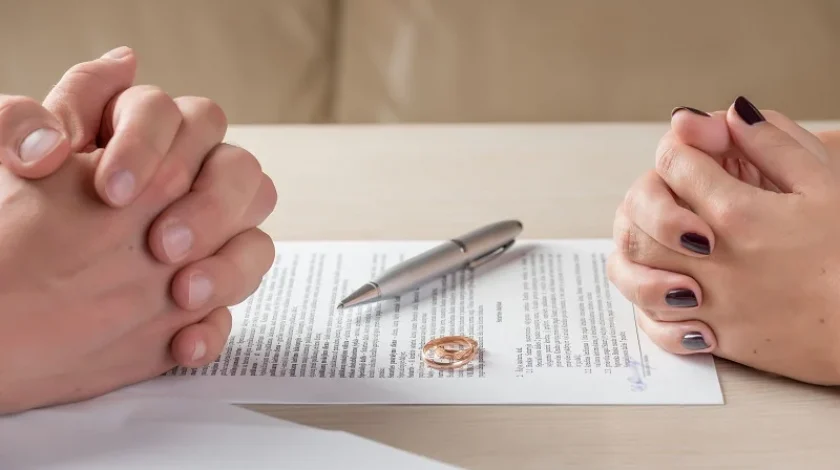The last thing you will want to think of when you go through a major life change like marriage, separation, or divorce, is planning for your death! But these are the critical times when you need to plan for what will happen if you were to lose capacity or pass away, because these are times when the significant people in your life change.
Too often we meet with people who have gone through one of these life stages and have failed to update or prepare estate planning documents to adequately protect both themselves and their families. Estate planning is not only about ensuring you have control over the future and ease in knowing your affairs are in order, but also about giving your families the comfort of understanding your wishes.
Marriage
It is important to note that when you marry, the provisions of your Will that are not in favour of the person you get married to, are automatically revoked. This is particularly important in cases of blended families. For example, if A has two children to a previous partner, and makes a Will leaving A’s estate to the children but subsequently marries B, the dispositions to A’s children are automatically revoked.
If you are preparing a Will and know that you will marry soon, your Will can be drafted in a way that contemplates marriage so as to not revoke your Will and to safeguard your wishes. It is also important to seek expert legal advice to ensure that all of the persons to whom you may be seen to owe a moral duty to make provision for are either provided for, or adequate explanation for not doing so is given.
Once you marry, your new spouse becomes an “Eligible Person” to make a claim on your estate. This means that if they are not adequately provided for under your Will, they may be able to seek orders from the Court for provision from your estate. Going back to our example of A and B, if A makes a Will after marriage to B, leaving A’s estate to the children entirely, B may be successful in making a claim for provision from A’s estate.
But marriage does not just affect a Will. If you have prepared an Enduring Guardianship instrument, unless you marry the person who is appointed as your guardian, the appointment will be revoked. It is important to review this document to make sure you have a valid nomination in place.
Unlike the other documents, your Enduring Power of Attorney is not revoked on marriage. For most couples, when they marry, they appoint their spouse as their attorney, to be able to make financial and other important decisions on their behalf. It is essential that you review who you have appointed as your power of attorney when you marry so that if you would like your new spouse to be nominated, you document it as such.
Separation & Divorce
When you divorce, different rules apply to your Estate Planning documents.
For your Will, divorce in reverse to marriage, only revokes the provisions in the Will that relate to the divorced partner. For example, if A makes a Will appointing B as the Executor and sole beneficiary, on divorce the provisions in favour of B are revoked and the rest of the Will, which hopefully appoints a substitute executor and substitute beneficiaries, would remain effective. If you are only separated and not divorced, however, your Will is not revoked to any extent. A significant amount of time can pass before your property separation and divorce are finalised and so it is important not to wait to update your will until you are divorced. If you die before getting divorced, your last Will would still have effect and in case of A, B who is the ex-spouse, would be the sole beneficiary of A’s estate.
Unlike marriage, separation and divorce do not automatically revoke your Enduring Guardianship document. This means if you have appointed your ex-partner as your Enduring Guardian and you separate or divorce without amending it, they will continue to have the power to make health and lifestyle decisions for you. This is unlikely to be the outcome that you are after amidst a separation or divorce.
The same as the above applies to an Enduring Power of Attorney if you separate or divorce. It is not automatically revoked and your ex-partner will remain with the power to make decisions about your finances, and have the ability to access your bank accounts, pursuant to the document if you do not expressly revoke it.
It is important to seek advice from experienced estate planning lawyers to ensure that upon marriage, separation or divorce, your Estate Planning is in order and your wishes will be carried out. Please do not hesitate to reach out to a member of Coleman Greig’s Wills & Estate Planning team, who would be more than happy to assist you today.














